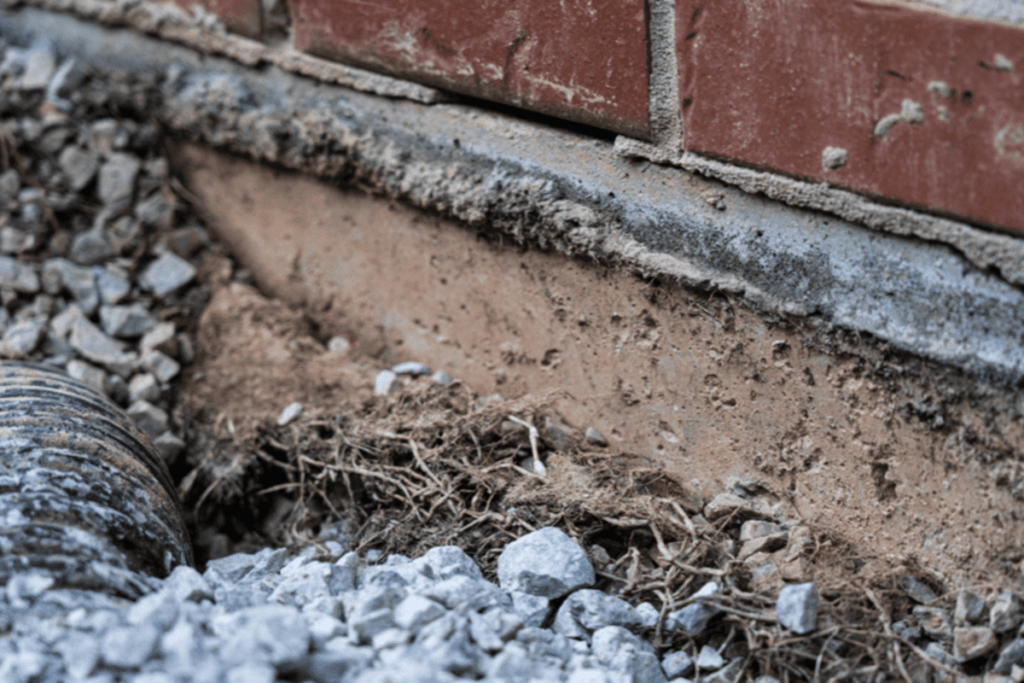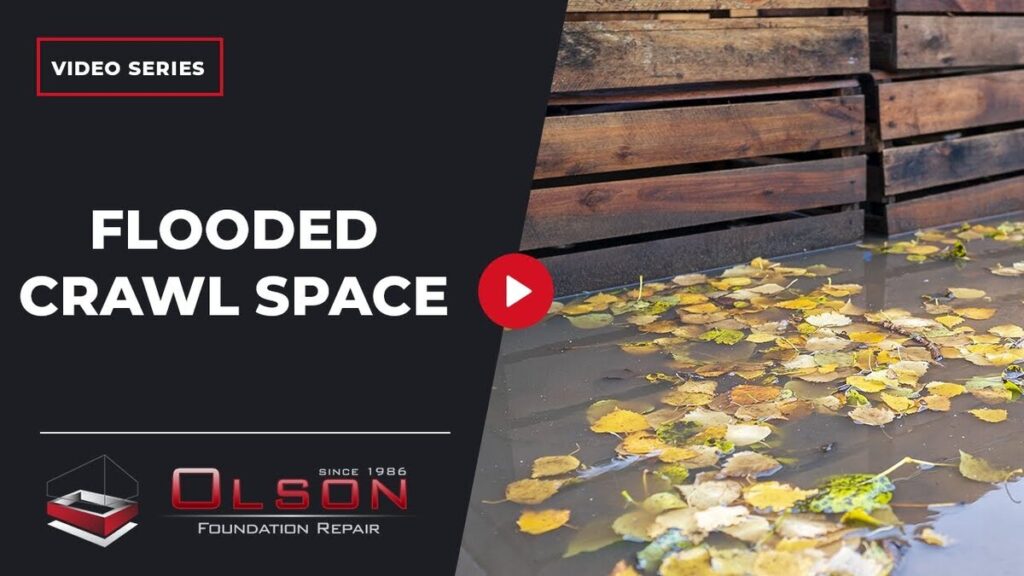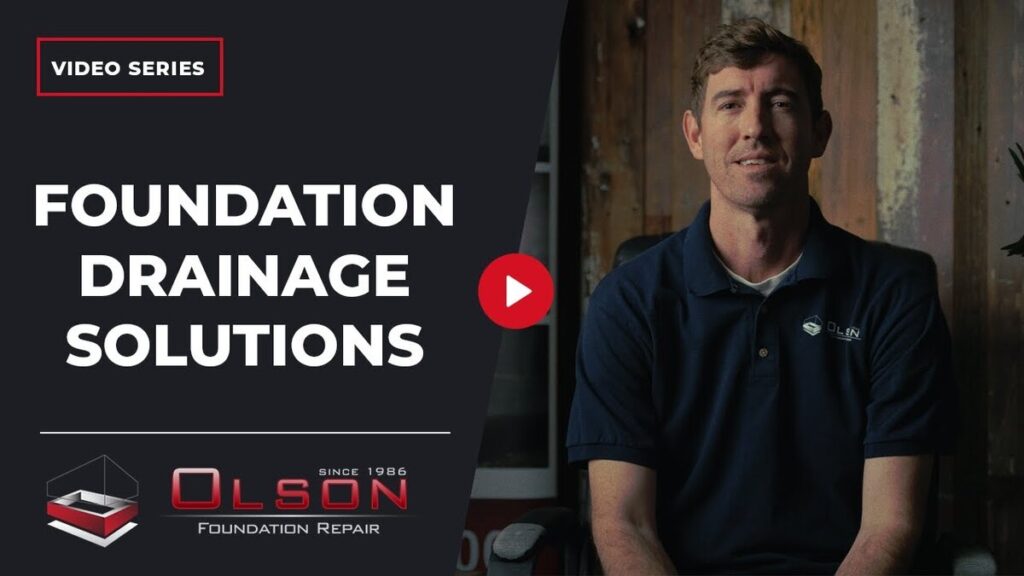Ensuring a dry and secure basement is a crucial aspect of home maintenance that is often underemphasized. Overlooking the risks of not waterproofing your basement can lead to a host of problems.
These issues don’t just stay confined to the lower levels of your home but can spread, affecting the entire structure and the health of its inhabitants. This comprehensive guide aims to shed light on the dangers and long-term consequences of neglecting to waterproof your basement and provides insights into effective solutions.
Understanding the Importance of Basement Waterproofing
The Danger of Water Damage
One of the primary risks of not waterproofing your basement is the potential for water damage. Basements are particularly susceptible to moisture due to their underground location. When water seeps into a basement, it can wreak havoc on various materials, such as carpet, sheetrock, and tile. These materials can absorb moisture, leading to warping, staining, and deterioration.
Mold and Health Risks
Another significant concern is the growth of mold. Mold thrives in damp, humid environments, and a non-waterproofed basement is an ideal breeding ground. Mold not only damages your home’s structure but also poses serious health risks. Prolonged exposure to mold can lead to respiratory issues, allergies, and other health problems, especially in children, the elderly, and those with compromised immune systems.
Long-Term Consequences of Ignoring Basement Waterproofing
Escalating Repair Costs
The longer you ignore the need for basement waterproofing, the more expensive the repairs can become. Water damage is progressive; small issues can quickly escalate into major concerns, requiring extensive and costly repairs. For instance, continuous water exposure can weaken the foundation of your home, leading to structural issues that are expensive to fix.
Reduced Property Value
Not addressing moisture problems can also negatively affect the value of your property. Potential buyers are often deterred by homes with water damage or mold issues, as they anticipate additional expenses and health concerns. Even if you don’t plan to sell your home soon, maintaining its value should be a priority.
Preventative Measures and Solutions
Early Detection and Action
The key to avoiding the pitfalls of an unprotected basement is early detection and timely action. Regular inspections can help identify potential problems before they escalate. Look for signs of moisture, such as damp walls, musty odors, or water stains. Addressing these issues promptly can prevent more severe damage.
Professional Waterproofing Solutions
While there are DIY methods for basement waterproofing, professional solutions are often more reliable and long-lasting. Experts in basement waterproofing can assess your specific situation and recommend the best course of action. This might include interior waterproofing methods, such as sealing cracks and applying waterproof coatings, or exterior solutions like improving drainage around your home.
Conclusion
In conclusion, the risks of not waterproofing your basement are too significant to ignore. From the immediate damage to materials like carpet and sheetrock to the long-term effects on your home’s structure and value, the consequences are far-reaching. Mold growth not only compromises the integrity of your home but also poses health risks to its inhabitants. The cost of addressing these issues only escalates over time, emphasizing the importance of early detection and intervention.
If you’re experiencing issues with basement moisture or want to prevent future problems, don’t hesitate to contact us. Our team of experts can provide the guidance and services you need to protect your home and ensure a healthy living environment.




